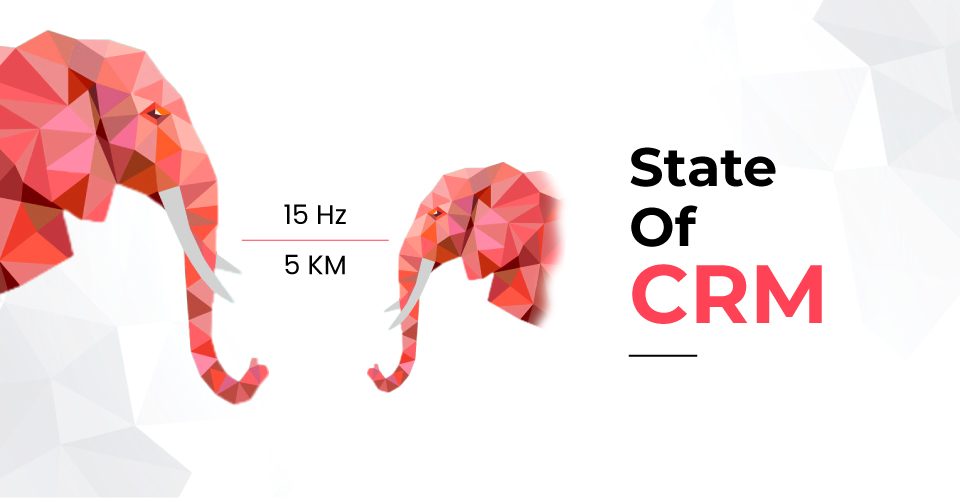In our 15th year now, we have been guided by the founding philosophy of making inquiries into fundamentals and creating a future with what we find. In some ways, our work here at Paramantra shares a similar journey to the early days of quantum physics in a world only accepting of classical physics. A hundred years ago, the fundamentals of classical physics as it was taught steered clear when linear or consequential definitions about the working of the world around us could not be arrived at. In some ways, a lot has changed today, and in others, we are still finding the need to question the assumptions of classical physics. It took pioneering and much-debated work in the areas of duality and probabilistic systems to create a path of inquisition. Scientists such as Max Planck, Albert Einstein, Niels Bohr, Erwin Schrödinger, and Werner Heisenberg laid the foundation more than a century ago on which modern science relies to find solutions for the world.
In the business world, everyone, regardless of the number of people they manage, relies on data to help them take a decision or form an opinion before planning the course of action. The purpose of this article is to share examples that help our readers think of new approaches to questioning any fundamentals at their workplace, especially those related to their revenue function. While there are many ways to introduce or re-introduce the fundamentals of quantum physics, the most popular is the Schrödinger cat experiment. Which was made famous when some surmised that a cat could be half dead and half alive at the same point in time.
The very basis of Schrödinger’s Cat experiment (and subsequent variations) is centered around uncertainty as defined in a dictionary. Erwin Schrödinger conducted an experiment about which classical physicists have had a thought or two to begin a debate.
In our macroscopic world, things just exist or do not. Us observing them has no impact on these things existing or not. However, in the case of the quantum universe (bizarre at first mention), the future state of a quantum object is defined in a probabilistic manner. The famous thought experiment was originally (or presumably) devised to describe this. This thought experiment involved a fictitious radioactive atom that would or would not decay, thereby causing a vial of poison to be released (or not released) in a box that is, let us say, opaque and unobservable, housing a cat. Until we open this box, we will not know if the cat survived. That time when an observation is not made, but an event has occurred is described as a state of superposition, where the cat is dead or alive.
If this is your first time thinking about probabilistic vs. deterministic models, and you need some more substantiation that quantum physics is fictional or theoretical at best, I recommend a summarily written article on something as ubiquitous as light being a wave or particle by clicking here.
Let us take the example of analyzing data from clinical trials. A clinical trial, in a very broad sense, is the process whereby a medicine or cure is tested by applying it to an affected group and then studying the efficacy of the medicine or cure. A clinical trial is the part of the process that substantiates the efficacy of a cure for suffering that affects human lives. There is probably no mission more critical than saving human lives, and therefore I am starting here. Clinical trial statistics have evolved from Newtonian Physics to Quantum Physics.
Numbers that affect human lives are now being run on probabilistic methodologies instead of deterministic approaches. There is no reason not to explore whether businesses should follow suit. And if there was an aspect to apply this first to, it would need to be customer data. From innovation and new product development to Marketing, sales, and post-sales engagement, Paramantra is constantly working on creating the future of these functions with fundamentals in mind.
At Paramantra, we maintain a balanced perspective while creating impactful solutions for businesses. Paramantra challenges conventional thinking, both in thought and action, inspiring businesses to embrace fresh approaches that drive meaningful outcomes in their unique contexts.


